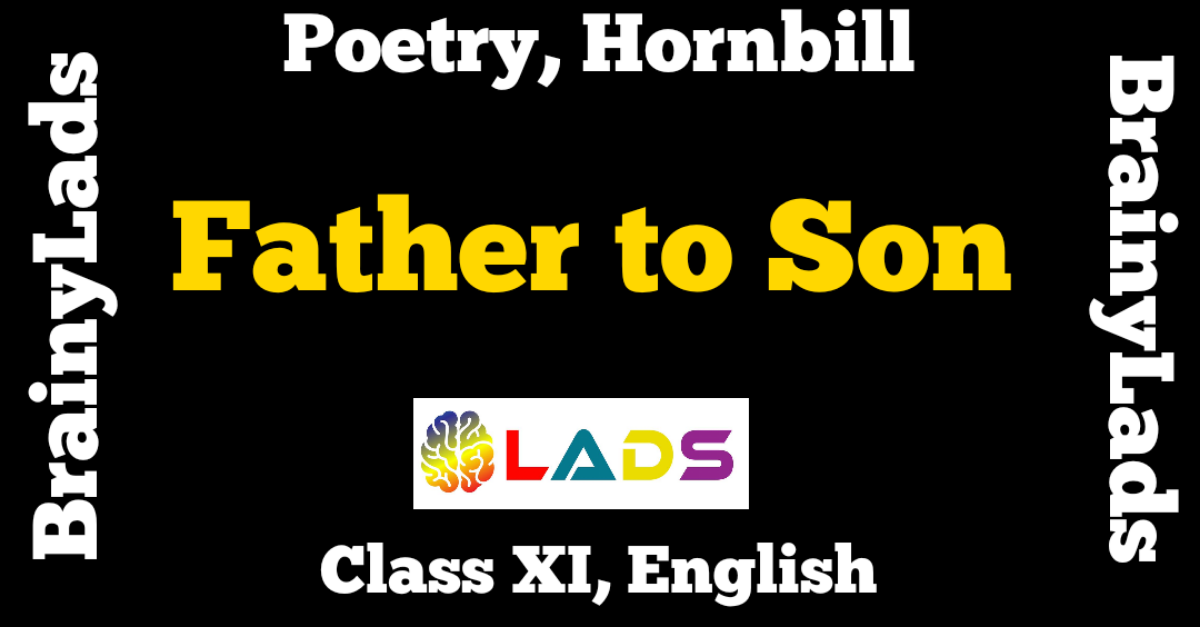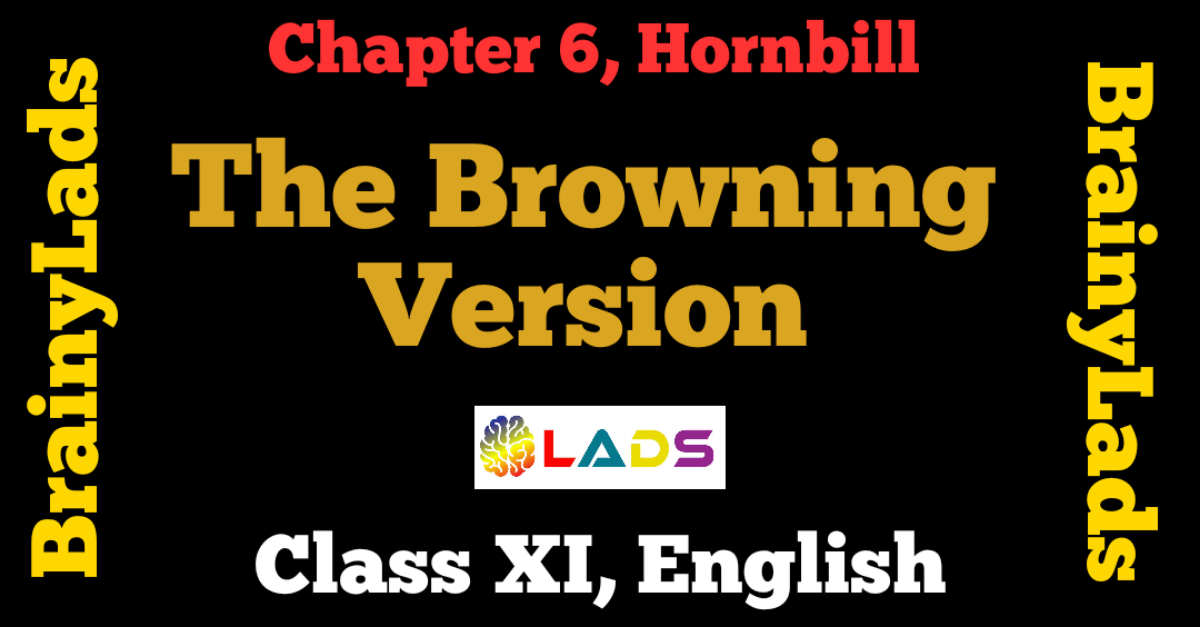Childhood Class 11 | Poem | Hornbill | English |
Table of Contents
Childhood Class 11 Poem | Summary | Important Questions and Answers | Poetic Devices |
Summary of Childhood
Childhood is considered to be one of the best phases of life wherein one has no worries, stress or tension. It is enjoyed by almost all and sundry. But, there comes a time in one’s life when one wants to get one’s childhood again but can’t.
In the poem Childhood, Markus Natten sheds light on the importance of being child and regrets of losing his childhood, one of the best ages of life. He begins the a beautifully-crafted poem with a typical question ‘When did I lose my childhood‘ and continuously enquires the readers time and again till the third stanza of the poem is over. Besides, he uses a refrain ‘Was it the day‘ at the end of every stanza to confirm the readers about the time when he lost his childhood.
At first he wonders whether he had lost it childhood after completing the age of 11 or when he realised that Hell and Heaven did not exist in reality but merely in the imagination of the people. Furthermore, he talks about the hypocrisy of the adults who pretend to be loving but they are not. According to him, adults are dual who preach and teach of love but do not themselves act lovingly or behave properly. He has a doubt that he had lost his childhood when he started thinking as per his choice and produced whatever he could from his mind.
He winds up the poem with the speculations in mind regarding his lost childhood. In the last stanza, he tries to figure out where his childhood has gone. He, very well, knows that time once lost can’t be regained, yet he tries to locate it in an infant’s face. He has to comfort himself with a fact that Childhood is a phase of one’s life that never comes back again despite wishing.
Related
Rhyme Scheme of this poem is : ABBCCD
Poetic Devices Used in Childhood
- Refrain is used in ‘Was that the day’
- Antithesis is used in ‘Hell and Heaven’
- Alliteration is used in ‘The time’ ‘My mind’ ‘Whichever way’
Important Questions and Answers of Childhood
Q1. What does the poet wonder at in the poem ‘Childhood’?
Ans. The poet wonders at the time when he lost his childhood. He keeps on enquiring when he lost his childhood. Besides, he is desperate to get his childhood back for other ages are not so good as childhood is.
Q2. Why does the poet call adults hypocrites?
Ans. According to the poet, adults are hypocrites for they show off for what they are not. They talk of love and preach of spreading it but, ironically do not show love to others. Therefore, he calls them hypocrites.
Related
Q3. Where does the poet find childhood in the end?
Ans. Undoubtedly, Childhood is the best phase of life enjoyed by all and sundry. According to the poet, he finds the childhood in an infant’s face. He wishes to get that phase back but can’t for age once lot can’t be regained.
Q4. Which age/phase of life do you like the most? Why?
Ans. Although all the ages of one’s life have pros and cons yet everyone has the right to make a choice. According to me, childhood is the best phase which deprives one of all the sorrows, pain, worries and stress. On the other hand, other ages come with transcending pressure that does not let us enjoy the lives.
We would love your reading of A Photograph, The Voice of the Rain, The Laburnum Top & Father to Son & Formal Letters, Notice Writing, Formal & Informal Invitation, Classified Advertisement, Debate Writing, Speech Writing, Article Writing, Report Writing, Note Making, Poster Making, Short Story Writing, Leave Application Writing, Descriptive Paragraph Writing for scoring higher in upcoming examination.
Do share the post if you liked it. For more updates, keep logging on BrainyLads


